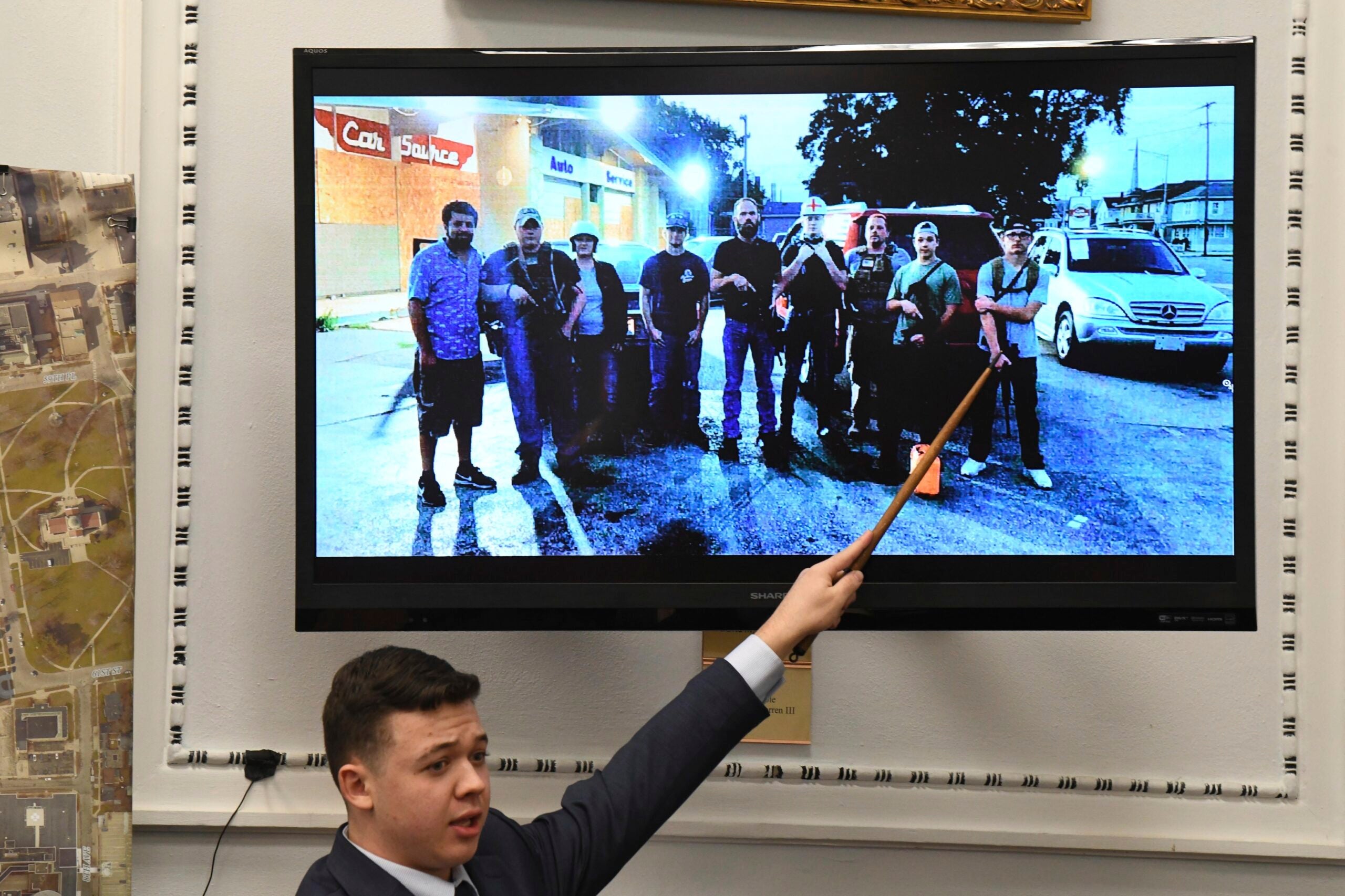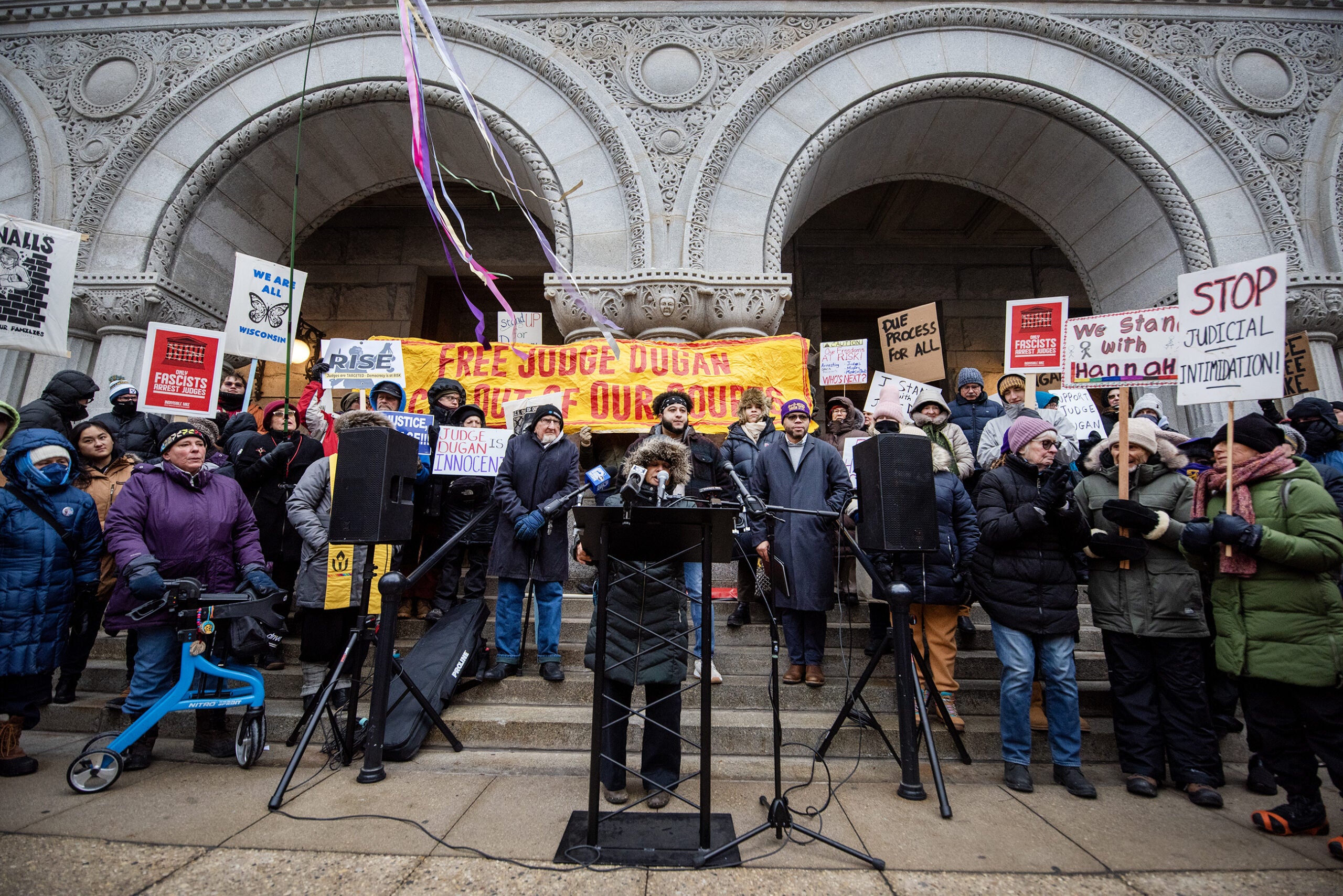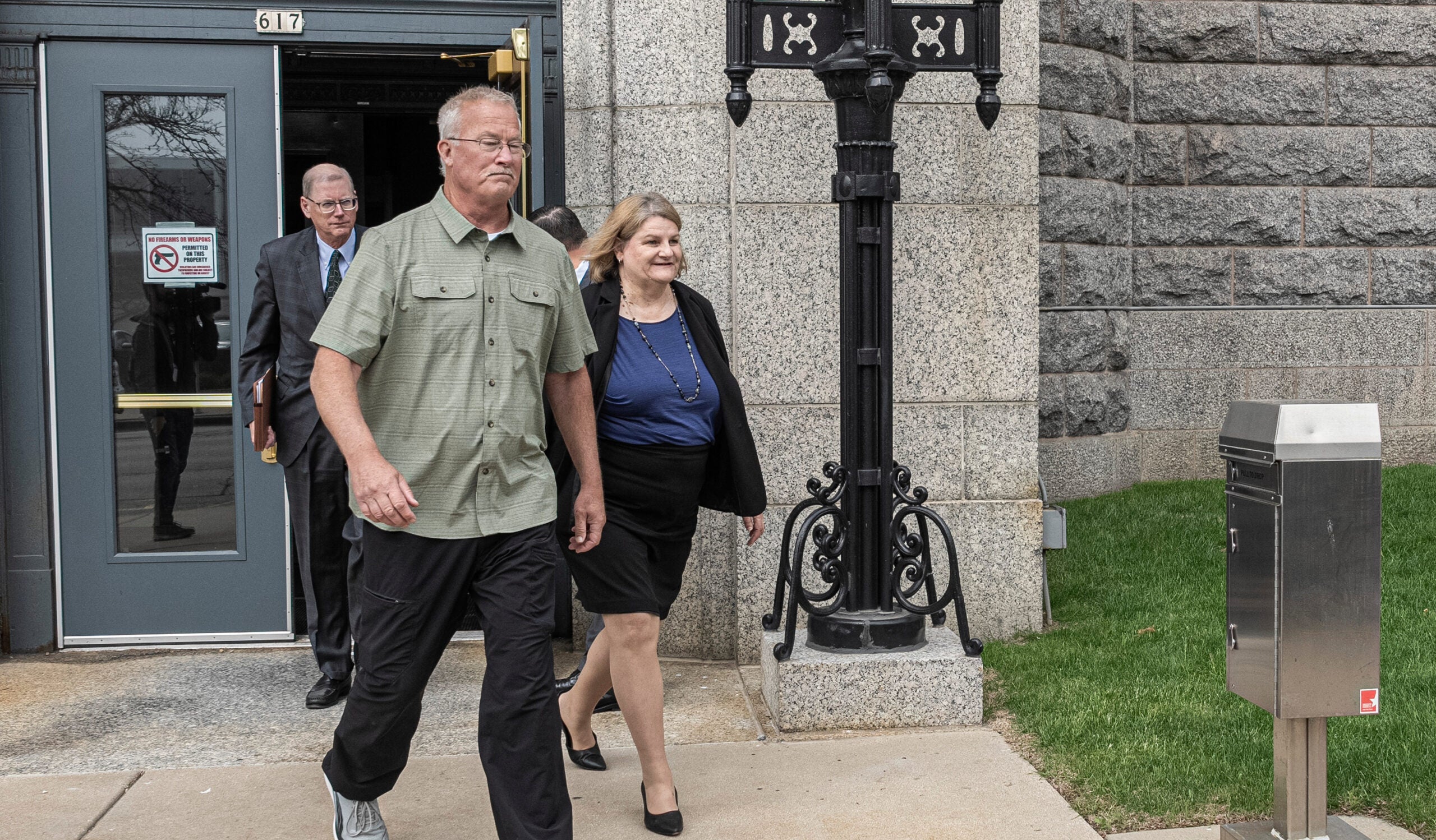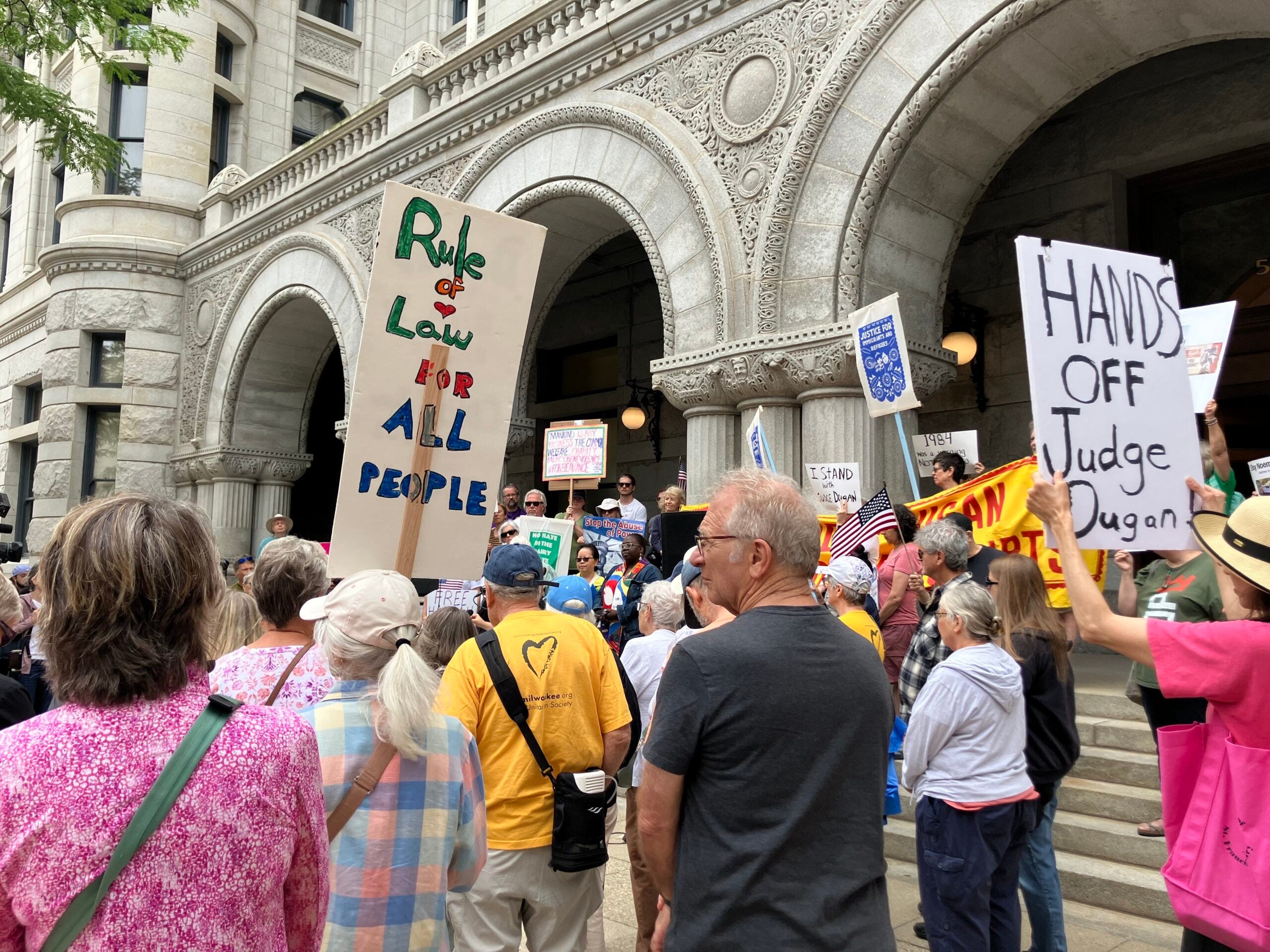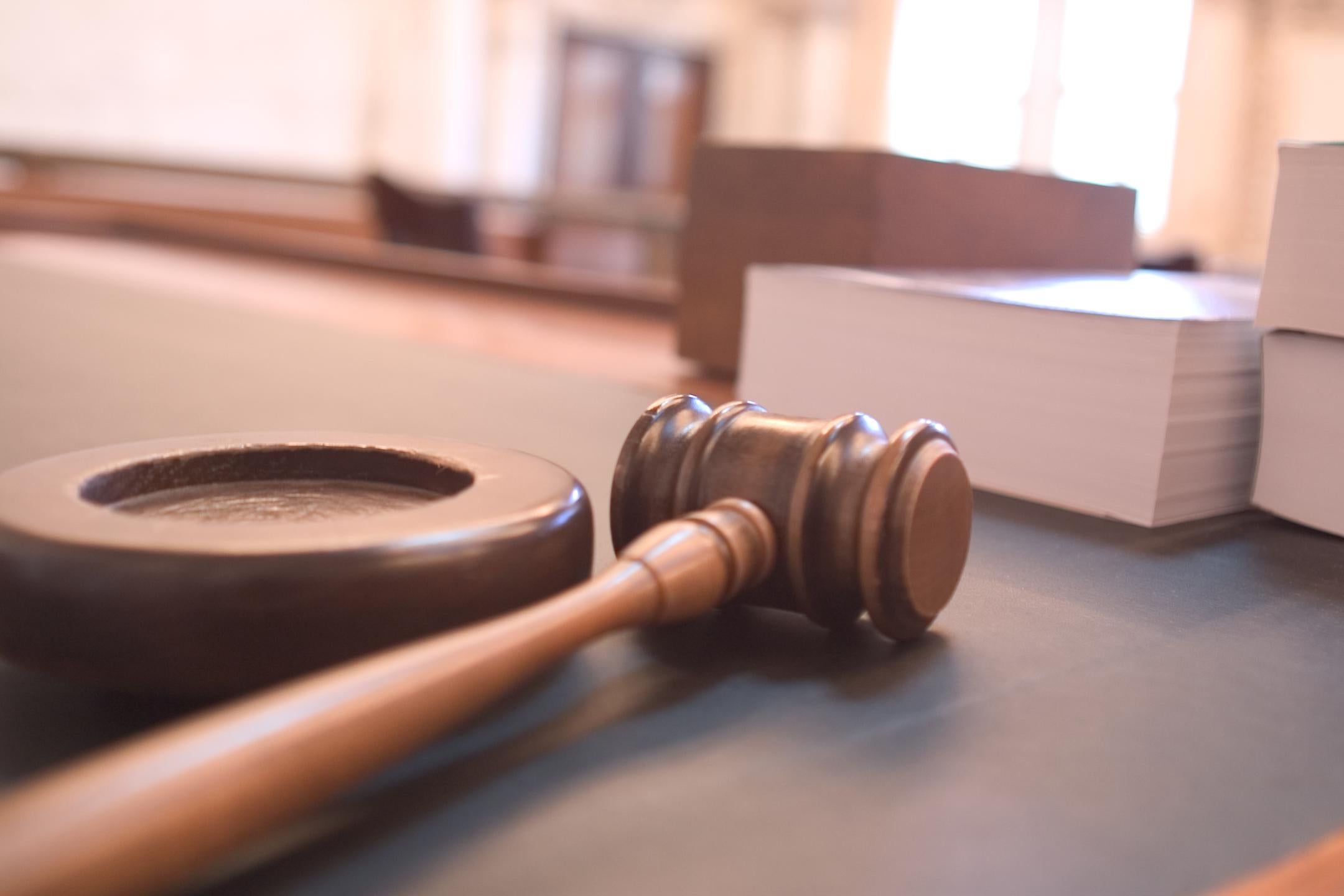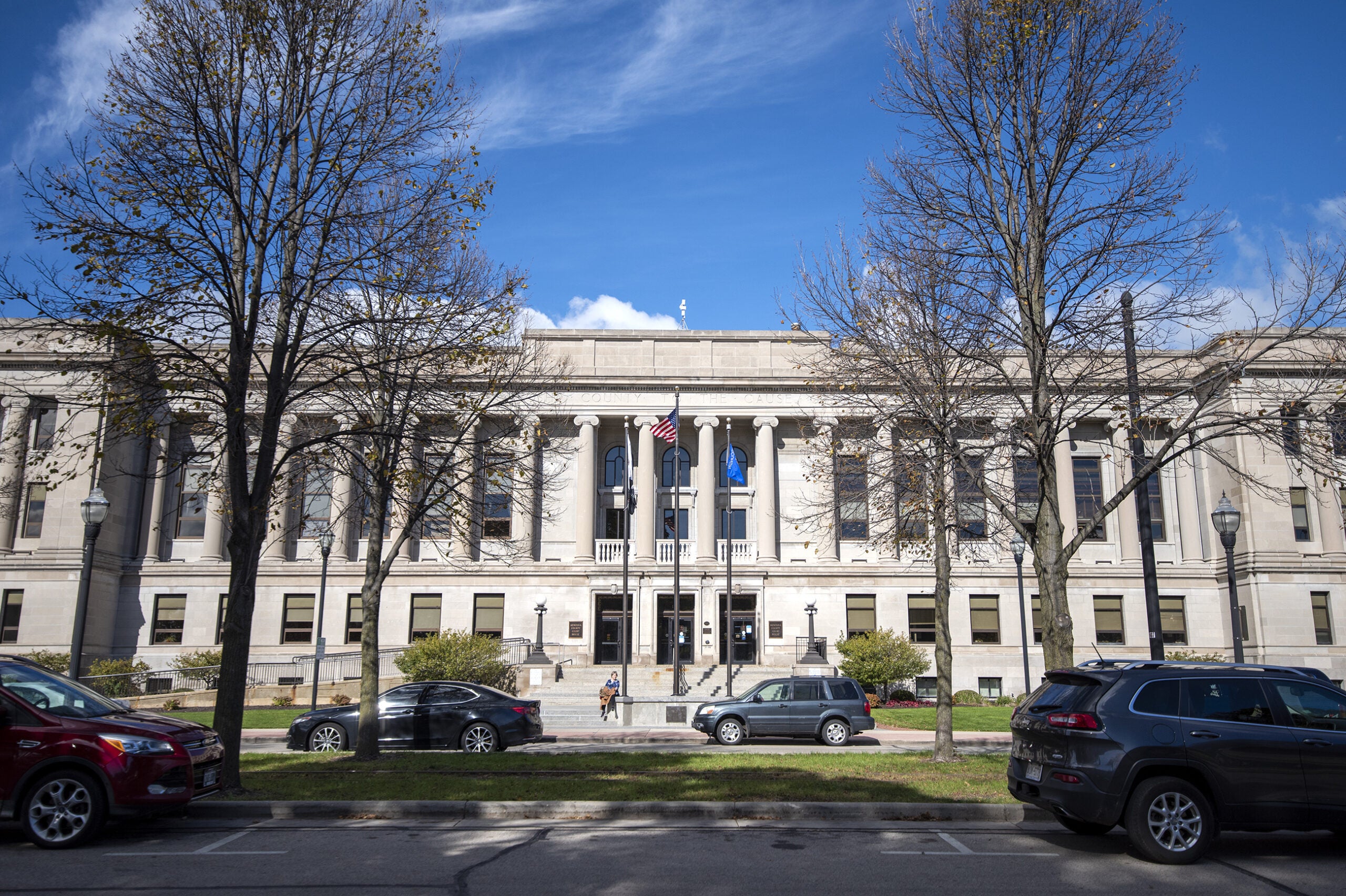The lead prosecutor in the Kyle Rittenhouse homicide trial told the judge he wasn’t being treated fairly when a witness was allowed to continue with testimony Thursday morning that was previously ruled inadmissible.
During a pre-trail hearing Oct. 25, Kenosha County Judge Bruce Schroeder ruled use-of-force expert John Black would be allowed to testify at the trial, but would be limited to speaking about the timing of the events including when Rittenhouse got to the area, began shooting and then surrendered to police.
Rittenhouse’s lawyers have argued that on that day, he was acting in self-defense when he killed Joseph Rosenbaum, 36, and Anthony Huber, 26, and wounded Gaige Grosskreutz.
News with a little more humanity
WPR’s “Wisconsin Today” newsletter keeps you connected to the state you love without feeling overwhelmed. No paywall. No agenda. No corporate filter.
Kenosha County Assistant District Attorney Thomas Binger objected to Black’s testimony Thursday, saying Black was on the verge of violating the judge’s order. Binger also said he wasn’t given enough time by the defense to review Black’s statement. Binger said he was given an update Thursday morning.
“This witness is not, by the court’s order, allowed to testify about (Rosenbaum’s) intent,” Binger said.
After nearly 30 minutes of debate, Schroeder said Black’s testimony could continue. Binger said had the situation been reversed, the judge would have ruled differently.
Binger told the judge the defense should be held to the same standards.
“Clearly if we tried something like this, there would be quite a kerfuffle,” Binger said.
On Wednesday, Rittenhouse’s defense team formally asked for a mistrial based on Binger’s conduct and line of questioning while Rittenhouse was on the stand. The motion asked for a mistrial with prejudice, meaning if it is granted, the state could not refile charges against Rittenhouse.
Binger was not allowed to continue with his questioning.
Exhausting day in court Wednesday as Rittenhouse testifies
Rittenhouse testified for more than five hours Wednesday, saying he feared for his life when he fired his rifle shooting three men and killing two.
Prosecutors spent hours cross-examining Rittenhouse, pressing him on every detail of the shootings in an effort to characterize him as the aggressor.
“I didn’t want to have to kill anybody. I was being attacked,” Rittenhouse said.
Rittenhouse faces multiple felony charges of homicide and recklessly endangering the safety of others, along with one misdemeanor count of possession of a dangerous weapon by a minor. If convicted, Rittenhouse could face life in prison.
Rittenhouse arrived in Kenosha on the third day of protests following the police shooting in August 2020 of Jacob Blake, a Black man who was left paralyzed. Blake was shot by Kenosha police Aug. 23, 2020. The shooting sparked days of protests in Kenosha’s downtown and uptown neighborhoods. The protests turned destructive, with cars and buildings torched.
Rittenhouse traveled across the border from Illinois in response to a social-media call from a Kenosha-based militia group saying it hoped to protect businesses from protesters, Kenosha Police Detective Martin Howard testified last week.
Closing arguments are expected to begin Monday. The trial began last week.
Wisconsin Public Radio, © Copyright 2025, Board of Regents of the University of Wisconsin System and Wisconsin Educational Communications Board.

